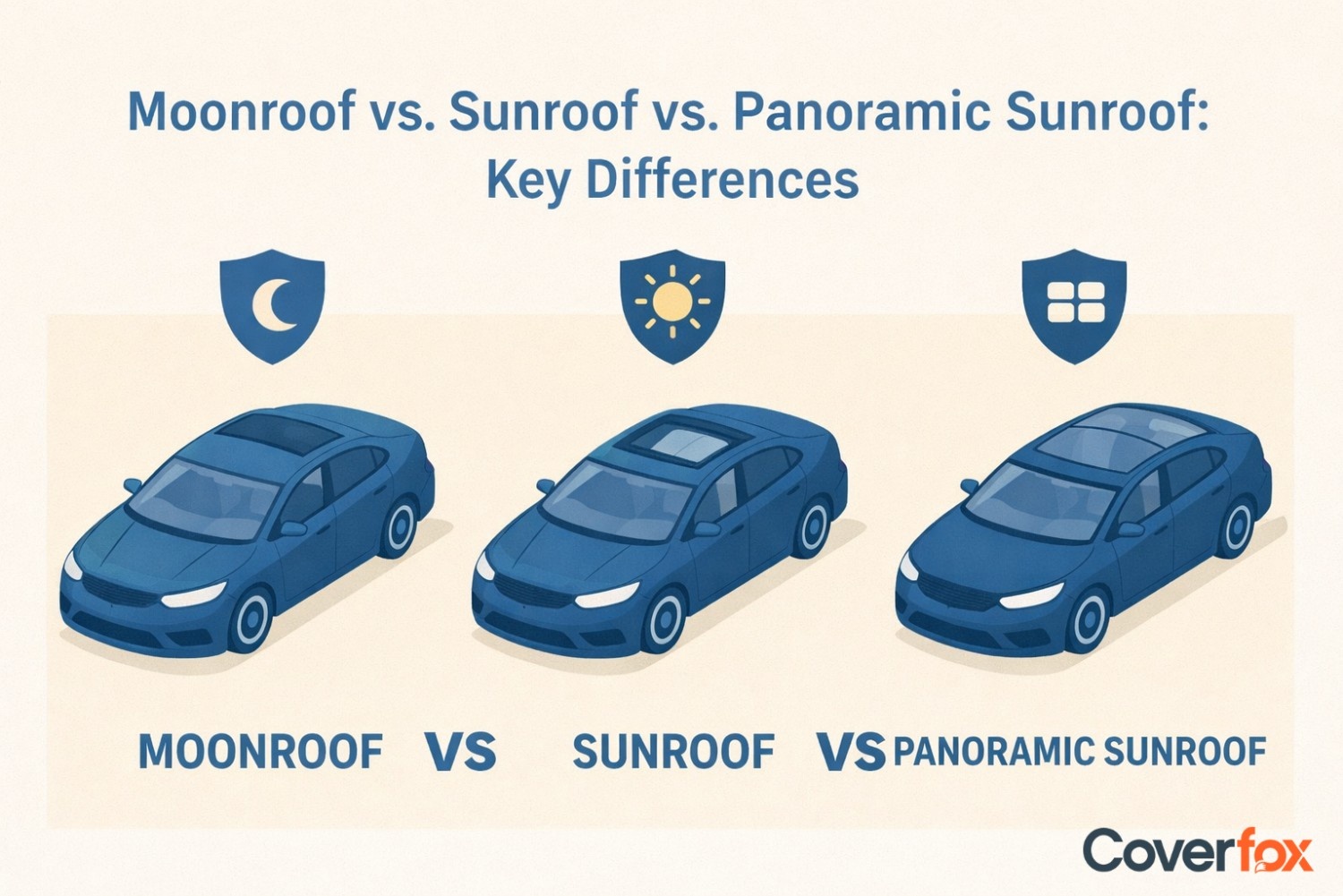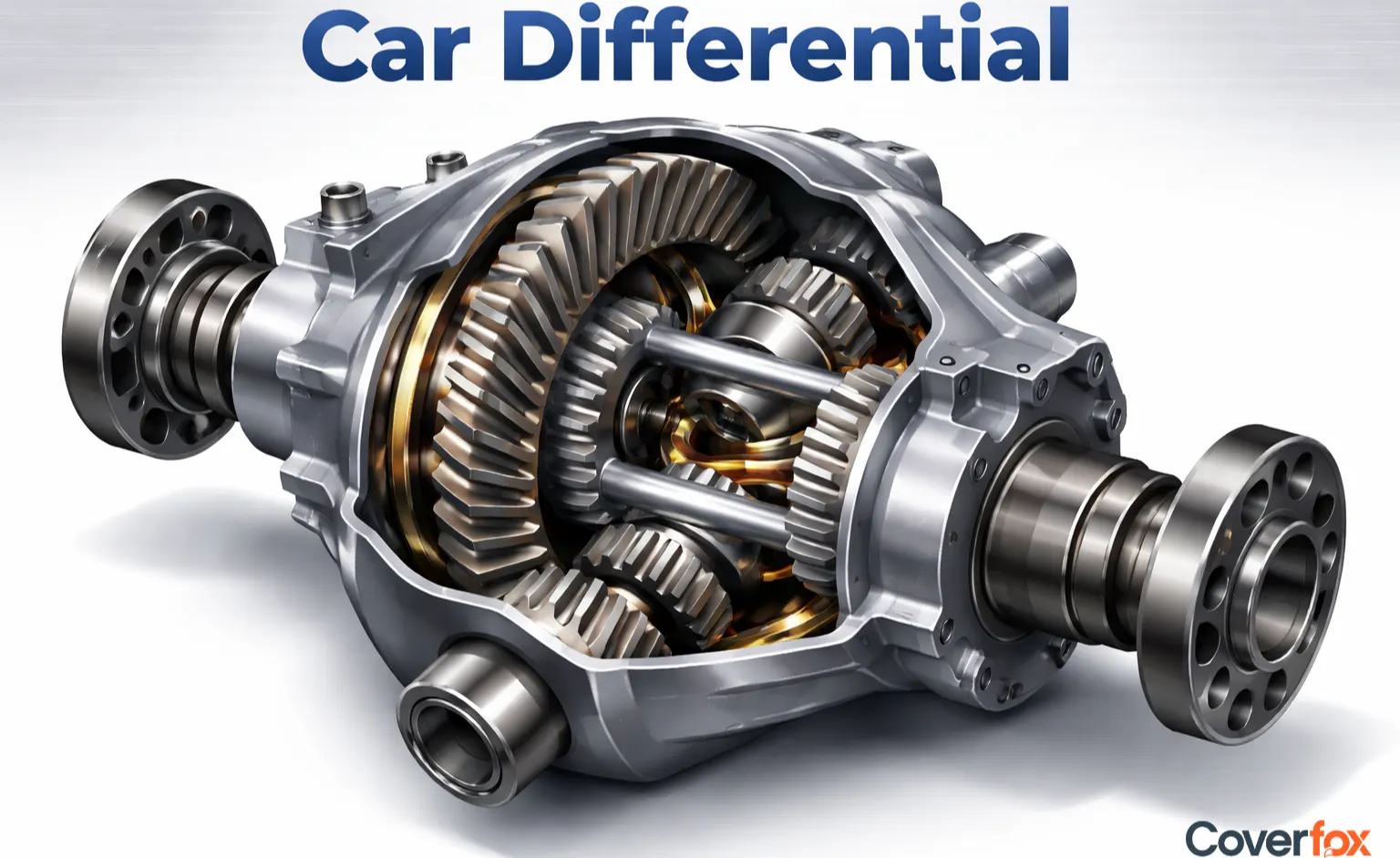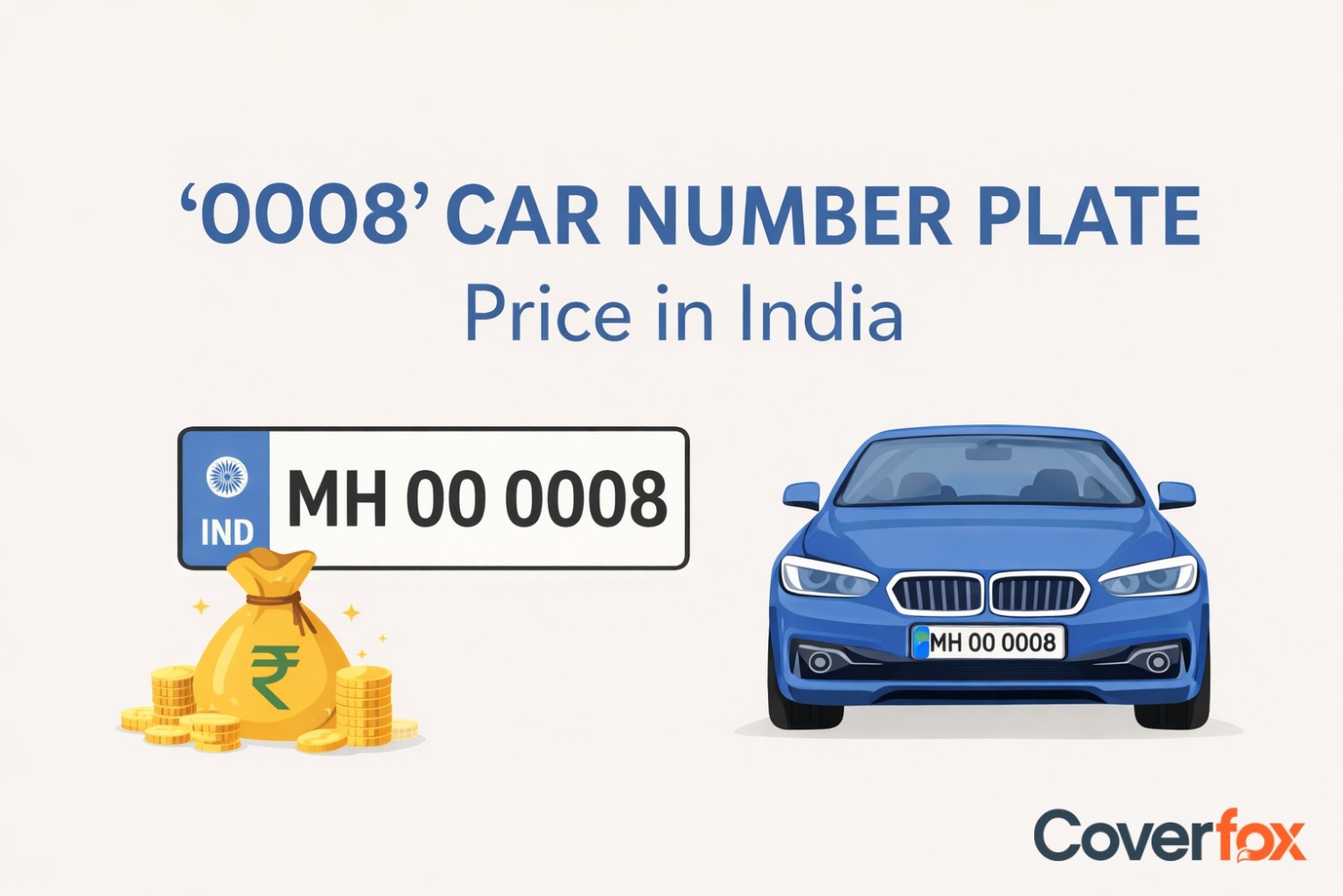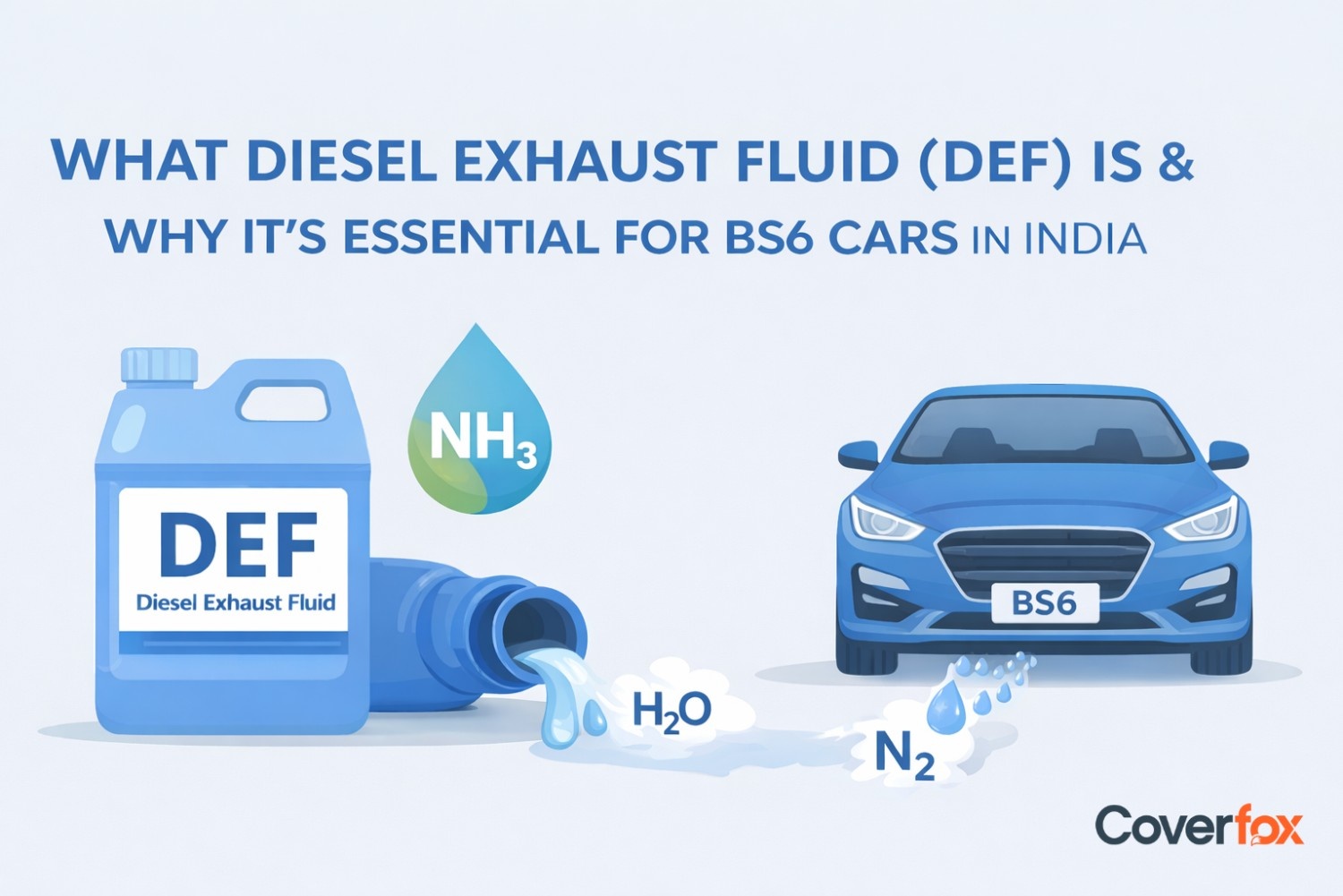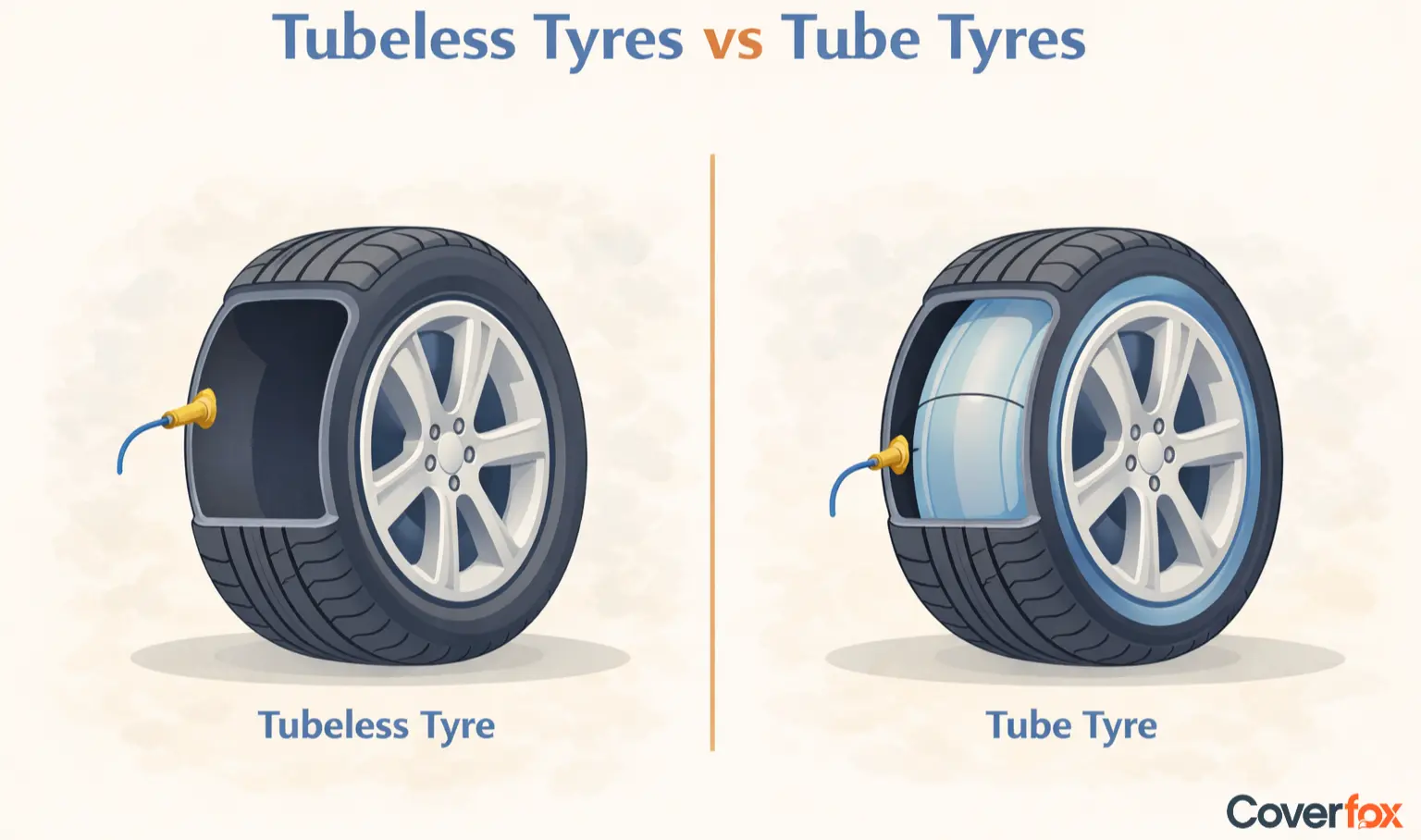In the automobile industry, to ensure you select the best in terms of a vehicle’s performance and output, one needs to understand how much power their car is able to produce. This can be understood with the help of the metric called BHP, which was introduced in the early days when internal combustion engines were replacing steam engines and horses.

If you have ever had a doubt as to what BHP is in cars, then fear not, as the guide below covers everything related to it, including its impact on the safety and performance of a car, calculation, effect on driving, and its relevance to car insurance and ownership.
Understanding BHP: What Does It Mean?
BHP stands for Brake Horsepower, which is a metric to determine a car engine’s power output, ultimately assessing the performance and how fast your vehicle can accelerate. It is typically measured at the engine's crankshaft and represents the power output that occurs before any loss of power due to the auxiliary components, such as the gearbox, transmission, differential or other components.
What Does Horsepower (HP) in a Car Represent?
Horsepower (HP) is the power output of your car that is measured at the tyres after considering all the transmission losses. To put it even more simply, it is a unit to measure actual power produced by an engine reaching the wheels, allowing you to understand the power required to move the vehicle ahead.
BHP vs HP: Key Differences Explained
To understand what sets BHP apart from HP, have a look at the detailed table given below:
| Parameter | BHP (Brake Horsepower) | HP (Horsepower) |
|---|---|---|
| Full Form | Brake Horsepower (BHP) | Horsepower (HP) |
| Area Measured | At the engine’s crankshaft (before transmission and drivetrain losses) | At the wheels (after transmission and drivetrain losses) |
| What It Represents | Raw engine power output | Usable power delivered to move the vehicle |
| Accuracy for Real-World Use | More accurate for the engine’s potential power | More accurate for actual on-road performance |
| Typical Value | Always higher than HP (since losses are not subtracted) | Always lower than BHP (since losses are subtracted) |
| Calculation/Formula | BHP = (Torque × RPM) / 5252 | HP = BHP - friction loss |
| Measurement Device | Brake dynamometer | Chassis dynamometer or calculated from BHP |
| Power Losses | No (does not include transmission, friction, and auxiliary losses) | Yes (includes all losses from engine to wheels) |
How is Brake Horsepower (BHP) Calculated?
Brake Horsepower (BHP) is calculated with the help of a device called a dynamometer. While it is run through a series of tests, the dynamometer is connected to the engine of the vehicle, and it is revved up, thereby showcasing accurate power output results.
The formula to calculate the BHP of an engine is given by:
BHP = (Torque × RPM) / 5252 (where 5252 is a constant)
Why BHP Matters in a Vehicle
Here are the reasons why Brake Horsepower (BHP) is an important aspect of your car:
1. Indicator of Vehicle Performance
The higher the BHP, the better the performance delivered by the car, which enhances its efficiency. Drivers who seek thrills and exhilarating driving experiences can look out for high BHP vehicles.
2. Influence on Speed and Quick Acceleration
A high BHP proves to be integral to reaching higher speeds and accelerating faster, as it is directly related to these two factors. Sports cars or racing cars are examples of vehicles with high BHP ratings.
3. Capability to Tow Heavy Loads
More BHP proves to be helpful to tow heavier loads or carry more passengers, along with a potent engine that does not impact performance.
4. Suitability Across Different Driving Environments
Be it driving in hilly terrains, steep inclines or on speedy highways, vehicles with higher BHP are considered the most responsive and safe to drive during these conditions.
5. Role in Safe and Swift Overtaking
While driving on highways, it becomes necessary to overtake slower vehicles with safety and ease. This is made possible with higher BHP vehicles, which provide the power needed for quick and safe overtaking manoeuvres.
6. Power Required for Uphill Driving
Excess power is required when climbing steep inclines and rugged terrains, which is supplied by vehicles with high BHP, making this process considerably simpler.
How BHP Impacts Mileage and Vehicle Pickup
In simple words, the higher the BHP means the more powerful the engine, which gives quicker pickup but uses more fuel, so mileage usually drops. Powerful cars with 250+ BHP, which could include imported sports models or luxury SUVs, give fast acceleration but have much lower mileage, which is not suitable for daily city driving in India.
Pro Tip: If you want better mileage for daily city use, choose cars with moderate BHP (between 100-200 BHP), which sets the perfect balance between mileage, pickup and BHP.
Can BHP Influence Your Car Insurance Premium?
Yes, it absolutely can! Here are the ways the BHP of an engine makes an impact when you buy a car policy online:
Higher Repair Costs
Cars with higher BHP are often more expensive to repair, leading to higher insurance premiums.
Increased Accident Risk
Powerful vehicles with high BHP may be driven more aggressively, increasing the chances of accidents.
Risk Assessment by Insurers
Insurance companies consider BHP along with other factors to determine your car’s risk profile and premium rates.
It is important to note that while BHP influences insurance costs, it is just one of several factors insurers use to assess risk, determine premiums, and craft insurance policy prices when you buy car insurance online or compare a car policy online.
Final Thoughts
BHP is a crucial metric that directly impacts the performance, speed, and capabilities of a car, making it necessary to understand this concept well before purchasing a car. It plays a role in affecting how your car accelerates, tows, overtakes, and even how much you pay for fuel and insurance. Whether you drive a high-BHP performance model or a daily commuter, go ahead and buy car insurance online on Coverfox, an IRDAI-authorised platform that makes it easy to protect your car by comparing, buying, or renewing car insurance policies from a selection of top insurers.
Explore More:
Car Mileage - How to Calculate It Correctly?
Odometer vs. Speedometer: The Ultimate Guide to Your Car’s Instruments
How to Transfer Your Car Insurance Policy
Frequently Asked Questions
Does BHP Affect Car Insurance Premiums?
Yes, a high BHP can affect car insurance premiums. These vehicles are deemed to have higher risks associated with them, impacting their premiums along with expensive repair costs.
Does Electric Cars BHP Rated?
No, electric cars are not BHP-rated, as they do not have an internal combustion engine. They are measured in either kilowatts (kW) or horsepower (HP).
How Can I Find My Car's BHP?
To find your car’s BHP, have a thorough check of your car’s manual, visit the manufacturer’s website or go through the registration documents.
What is the difference between BHP and torque?
Both BHP and torque are units to measure vehicle performance in different ways. BHP is the unit to measure the power output of a vehicle, minus heat and noise, determining its speed and acceleration, while torque is the turning force of the vehicle in relation to the amount of load it carries.
Can a vehicle's BHP be increased?
There can be certain ways to enhance your car’s BHP, including methods like tuning your engine or adding modifications such as fitting a performance air filter, induction kits, cat backs and back boxes, downpipes, etc.
What is the relationship between BHP and 0-60 mph acceleration time?
In general, a higher BHP vehicle leads to quicker 0-60 mph times, as the engine can deliver more power for rapid acceleration.
